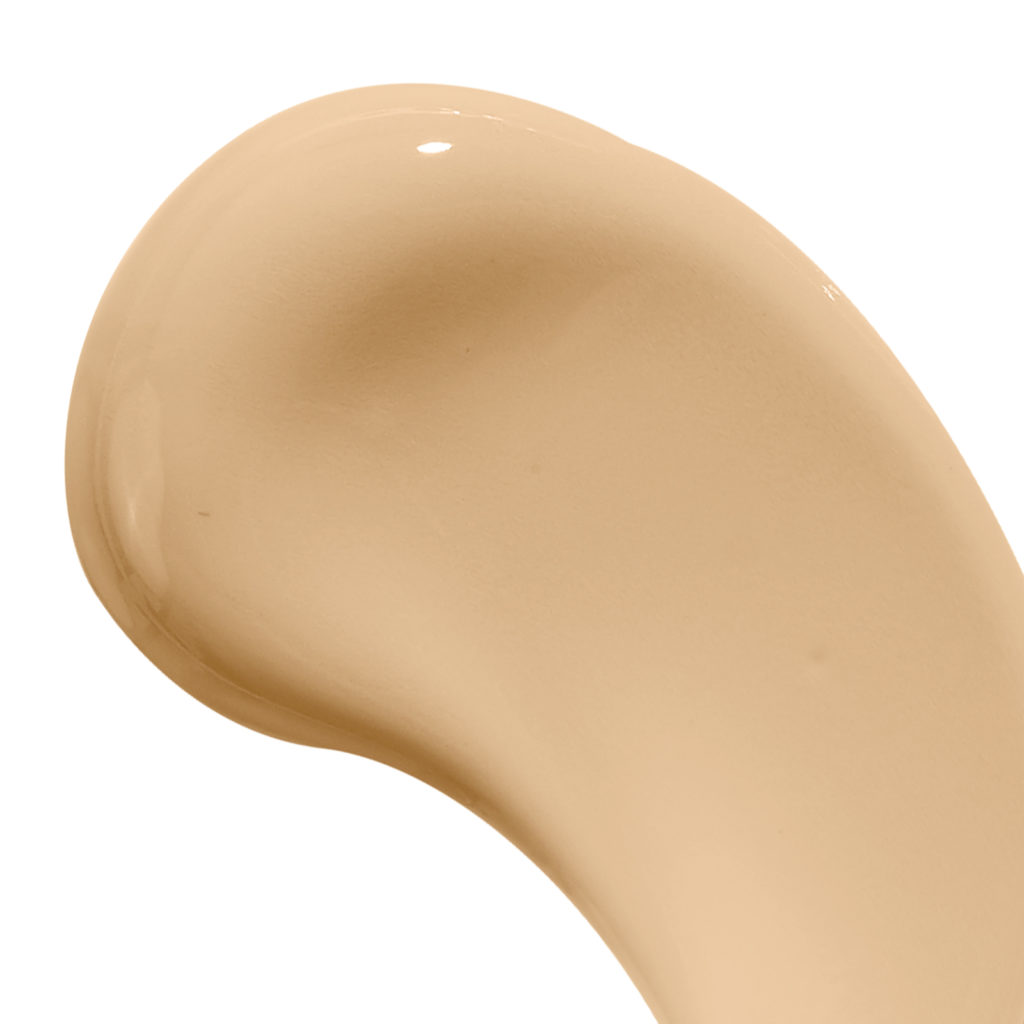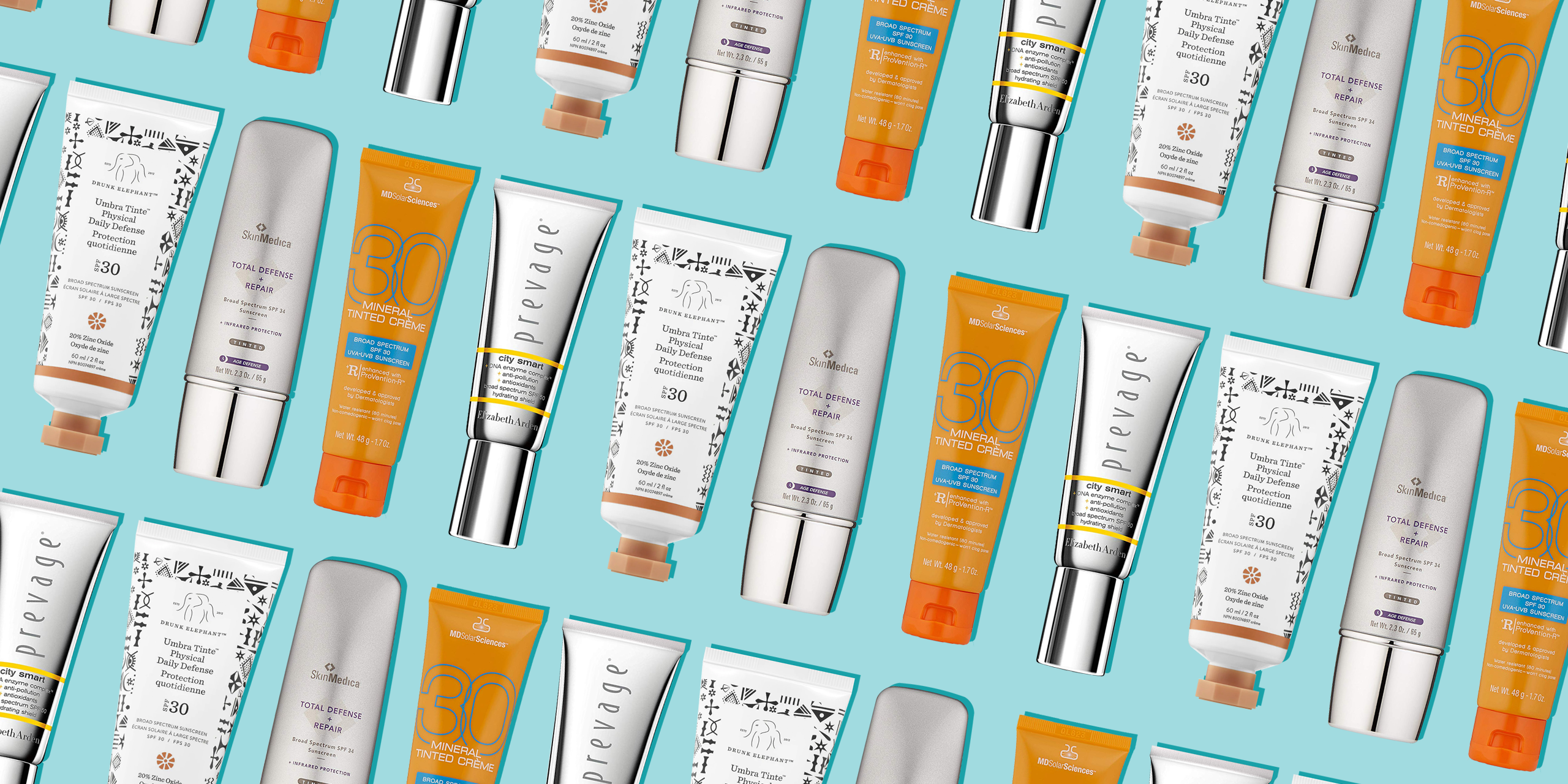
A good mineral-based zinc oxide sunscreen can be un-tinted. They can even be thought to include makeup and cosmetic products like lip balm that include SPF (sun protection factor). Non-tinted sunscreen can come in a variety of types of formulas. In this case, the main benefit of a tinted SPF is that it helps you look more natural while still providing the best type of sun protection with reflecting as opposed to absorbent active ingredients.
#BEST TINTED SUNSCREEN GLOW SKIN#
Tinted mineral sunscreens differ from other effective mineral-based sunscreens that leave a characteristic white cast or streak on the skin – think of the iconic stripe of white on lifeguards’ noses.

Iron oxides are effective at blocking blue light and both types of UV rays. Common minerals used in these types of sunscreen include zinc oxide and titanium dioxide. Tinted sunscreen refers to a mineral-based, broad-spectrum sunscreen that contains a blend of added pigments to add a sheer tint, matching your sunscreen to whatever skin tone color you naturally have. But not all sunscreens work in the same way. Blue light, increasingly encountered in our daily lives through device screens of all types, has been shown to stimulate pigment production, leading to issues like hyperpigmentation.ĭaily sun protection is necessary to protect the long-term look and health of our skin. Different wavelengths of light are used to treat certain skin conditions due to how they’re absorbed by different structures. Visible light can also harm skin, particularly toward the blue end of the spectrum.

UVB rays are closer to the surface of the skin causing it to burn.) Broad-spectrum sunscreen can help to protect the skin against both types of UV light. There are two types of light that can harm your skin: UVA rays penetrate deeper into the skin causing a breakdown of important structures such as collagen and elastin leading to wrinkles, pigmentation, and dehydration. The longer answer helps clarify the difference between types of sunscreens and cosmetic products that claim to have SPF.

The short answer is that the sun damages the skin and can cause painful sunburns or even skin cancer over time without protection. Let’s learn what makes tinted sunscreen different and whether you should be using it regularly Why Use Sunscreen In The First Place?īefore we talk about sunscreen, we should establish why we need it. While you may know they provide an extra layer of “glow” or help even your skin tone when enjoying a day in the sun, there’s actually more going on beneath the surface (so to speak) that sets a tinted formula apart from its non-tinted sunscreen counterparts. Depending on where you hear about the latest in skincare trends, you may have noticed that tinted sunscreens are becoming more and more popular each year.


 0 kommentar(er)
0 kommentar(er)
